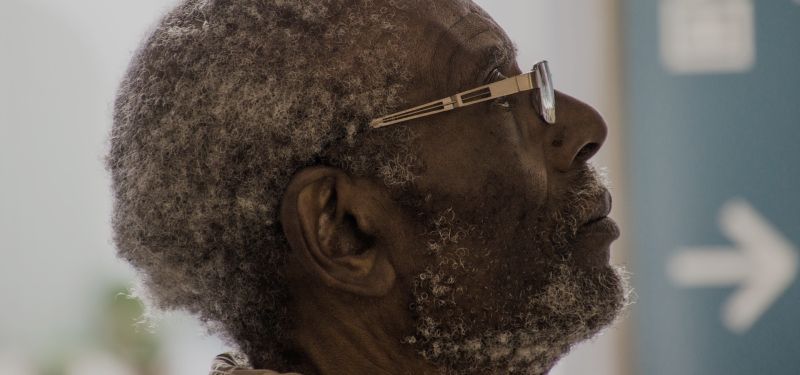The number of people who experience depression in their later years is staggering. There are an estimated 6 million elderly people who currently suffer from depression, ranging from severe to mild cases, but only about 10 percent of those are actually receiving help and treatment for this affliction. Why are so many elderly people suffering from depression? And why are so many people going untreated? If you are concerned about the mental health and well-being of a loved one, our professional team at UEW Healthcare and Four Corners Health Care has experience providing free home health services for EEOICPA and RECA beneficiaries and have worked with many elderly people who are fighting depression. See the common causes, symptoms, and treatments we have compiled for this ever-present, late-onset disease and what you can do to help an elderly family member or friend who may be suffering from depression in their old age.
Causes of Elderly Depression
Though triggers for depression can be similar throughout any age group, the underlying causes for most cases of elderly depression are vastly varied. Studies indicate that the elderly more often than not suffer from depression because of another medical problem or illness they are facing, whether because of worry or because the illness itself is having an effect on the brain. The most common illnesses associated with depression in the elderly include heart disease and insomnia.
Other causes are often more overt. Depression also commonly sets in when an elderly person loses a loved one, such as a spouse, sibling, or child. As elderly people are moved into care facilities and nursing homes, they may also experience a loss of supportive social system from family and friends. Their living styles often end up monotonous and uneventful, and they have trouble finding fulfillment in their lives. All of these things are other factors which contribute to the underlying cause. If an elderly person has a history of depression or suicide or has been the victim of substance abuse in their lives, their risk for depression in their old age also increases.
Symptoms
With 6 million people across the States who currently suffer from depression, one would think that depression is just a part of aging, but it really isn’t. As demonstrated above, the causes are external, and if we can catch the symptoms early, we will have an easier time of helping our elderly friends and loved ones get treatment for their depression.
Symptoms of depression manifest themselves differently in the elderly than they do in younger people, making it harder to catch in the elderly (which is one of the main reasons it goes untreated; it simply goes unnoticed or undiagnosed). Depression is often thought of as an extreme sadness, but it is much more than that. If any of the following symptoms manifest in an elderly loved one, there is a good chance that the person is suffering from depression:
- Unexplained or exacerbated pain
- Lost interest in hobbies
- Decreased socializing with family and friends
- Loss of appetite or unhealthy weight loss
- Lack of motivation
- Insomnia
- Memory loss
- Speech or movement problems beyond physical impairments
- Alcohol or other substance abuse
- Neglecting personal hygiene
Treating Elderly Depression
There are several medicines, antidepressants, and therapies for the elderly facing depression. Often, doctors will recommend a combination of these. If an elderly person has heart or sleep issues, these should be taken care of first. If an elderly person is suffering from other social or relationship factors, such as death or the monotony of nursing home living, for instance, it is up to family members and other caring individuals to provide a substantive, enjoyable life for them. This may include going on a trip with them, visiting with them frequently for extended periods, or ensuring that the other causes of depression are being cared for.
Getting Help
If you have an elderly loved one you suspect is depressed or may have symptoms of depression, get help for them today.
At UEW Healthcare and Four Corners Health Care, our home healthcare professionals can help assess depression in our elderly EEOCIPA and RECA beneficiaries and can provide family members with the resources and tools they need to help their loved ones. Call us today or speak with your home health professional for questions or concerns about depression in your loved one and learn more about the illnesses covered by DOL EEOCIPA.
